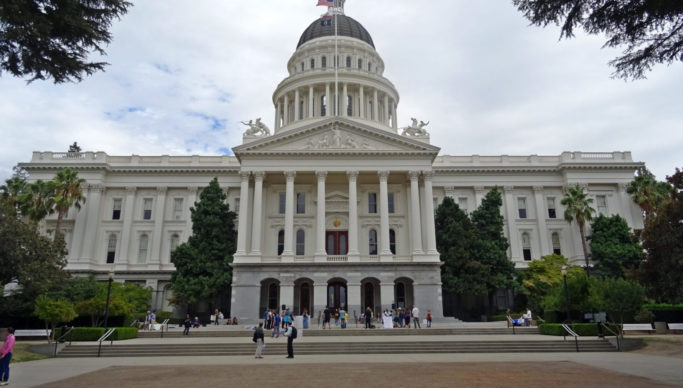
California Caste Discrimination Bill Overcomes Key Obstacle
- By Geoffrey Peters --
- 02 Sep 2023 --
California is on the brink of becoming the first state in the nation—and the first place in the world outside South Asia—to prohibit discrimination based on caste, with a bill that is just one vote away from advancing to Governor Gavin Newsom for his approval.
In a bipartisan consensus of 50-3 votes on August 28, the California Assembly passed SB403, a bill that introduces caste as a protected category within the state’s official anti-discriminatory protocols.
Having previously gained endorsement from the state Senate in a prior iteration, the Assembly’s version of the bill now requires the Senate’s agreement before advancing to Newsom for final approval.
The bill was introduced in March by state Senator Aisha Wahab, an Afghan-American who is the first Muslim to be elected to the California state legislature.
The legislation’s passage comes six months after Seattle became the first American city to outlaw discrimination based on caste, when its city council voted 6-1 to approve a resolution similar to this one that is making its way to the California governor’s desk.
Senate Bill 403 evolved into a nationwide issue, revealing a division within the South Asian American community regarding the extent of caste-based discrimination in the U.S.
Although many individuals of South Asian descent concur that caste exerts influence on numerous lives in the country, some hold the belief that enacting a direct prohibition against caste discrimination merely ends up reinforcing caste distinctions within the American Hindu community, thereby perpetuating bias against them.
In September 2022, a vocal Hindu advocacy group called the Hindu American Foundation filed a lawsuit in federal court accusing the California Civil Rights Department of acting unconstitutionally when it sued Cisco Systems Inc., a major Silicon Valley tech company, for alleged caste discrimination against an unnamed Indian-American employee who was born a Dalit.
The term “Dalit” comes from a Sanskrit word meaning “oppressed” or “downtrodden,” and it represents communities that have been historically marginalized and subjected to social and economic discrimination for centuries.
The Hindu American Foundation lawsuit challenged California’s authority “to define what Hindus believe and decide how they practice their religion, in violation of the First Amendment,” the organization said in a statement.
Certain activists and legal professionals contend that current state and federal civil rights statutes already encompass the prohibition of caste-based discrimination within existing classifications like race, nationality, or conceivably ancestry, the latter of which is safeguarded by California legislation, Bloomberg Law News noted in an August 28 article. Nonetheless, there is minimal to no precedent in legal cases that substantiates this viewpoint, the news agency explained.
Due to prolonged protests from Hindu advocacy groups during the progression of the bill through the California Legislature, SB403 has been modified to exclude any direct references to South Asia or Hinduism.
On August 28, Equality Labs, a civil rights organization dedicated to Dalit advocacy and the bill’s co-sponsor, released a statement celebrating the effort to raise awareness of caste-based discrimination to the legislative stage.


















